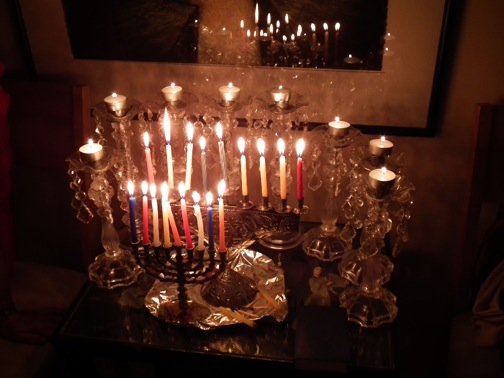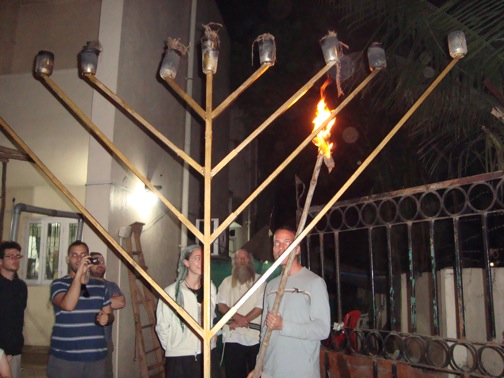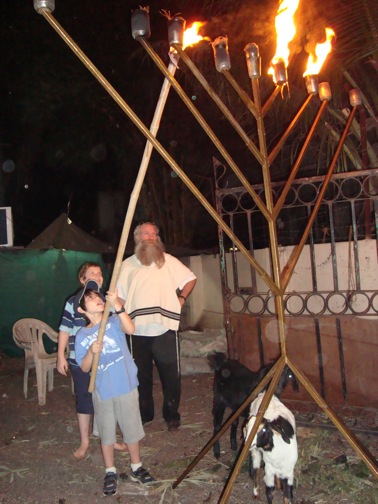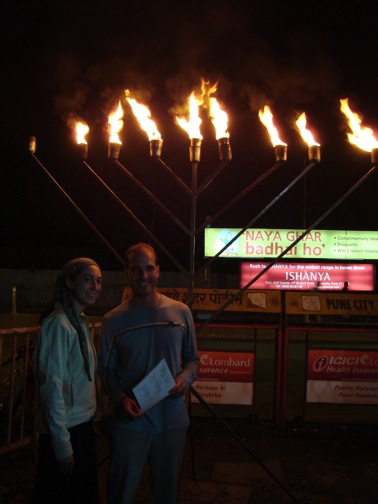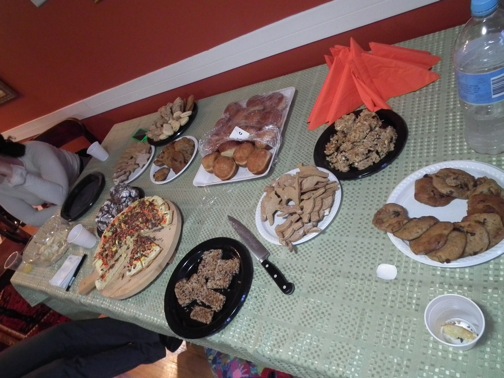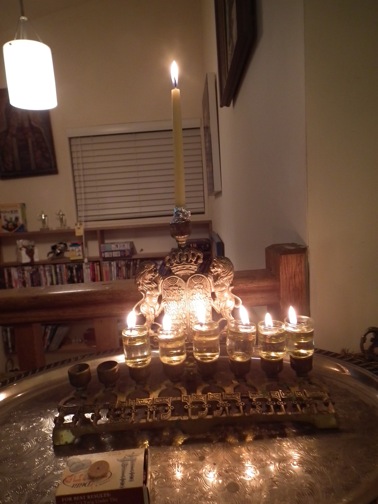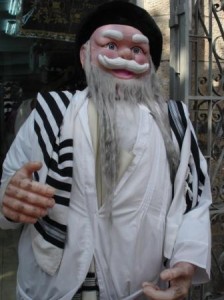“Ultimate power corrupts ultimately” was one of our favorite quotes when I was studying philosophy in college. We used to be able to trace that back to just about everything. After all, if a given action, item, or person doesn’t possess the potential to corrupt, it at least can potentially lead to power – which in turn leads to corruption. Therefore, just about everything in the world leads to corruption if you argue it hard enough, something that gave us philosophy students endless hours of amusement.
Of course, this isn’t true in every situation, but the temptations placed before us by power are so strong that it often comes to be the case. As we watch the presidential race unfold in the United States, we all hold our breaths as one skeleton after another are pulled from candidates’ closets. Whether it was President Clinton who was having affairs or President Bush who was profiting from close ties with oil companies and countries, it seems that few politicians with any power at all can escape the grasp of corruption.
But neither power nor corruption address the root cause of this behavior. Even saying that drives like lust (Clinton) or greed (Bush) are the sources falls disappointingly short. We see these kinds of behaviors even in small-time executives and even in people at the lowest strata of society. So power can’t be the source, nor can we necessarily pin it on corruption, when so many of these bad deeds are one-off behaviors. Yet, they all stem from the exact same source: ego.
It is true that power and wealth are things that feed ego, but they aren’t necessary. Ego is quite capable of feeding on small things, even imagined things. And ego cloaks itself in so many other vices. Lust is the ego’s drive for physical satisfaction – because the recipient deserves it – or so their ego tells them. Greed is the ego’s drive for more money and prestige – again because the recipient deserves it – or so their ego tells them. It all comes down to ego.
In this week’s parsha, we see Yosef (Joseph) acting as the viceroy of Egypt. After the Pharaoh himself, Yosef is the most powerful man in the nation. He could take any vengeance he wants on his brothers, yet he doesn’t. He perhaps does not trust them fully, but he is not unfair with them. His actions all have a noble purpose – to get them to do teshuva and to ascertain for himself whether he can trust them. But he doesn’t abuse them or take advantage of them along the way. He doesn’t even keep their money, but each time places it back in their bags. He seems incorruptible.
It’s easy to say that Yosef was a tzaddik (righteous person) and therefore he was able to behave well even in a situation of power, while a normal President of the United States couldn’t possibly be held to such a level. Yet, Yosef was able to behave better in a situation of power than most of us are able to behave even in our positions of practically no power at all. Add to this the teaching that a tzaddik‘s yetzer hara (evil inclination) grows in proportion to his goodness and you don’t have a leg to stand on when it comes to justifying bad behavior. But just because we can’t justify our bad behavior doesn’t explain how we can avoid giving in to the powerful forces of our own egos.
We see one very simple answer in the opposite of ego: humility. Yosef was able to remain humble even when faced with ultimate power over the brothers who treated him so roughly. In fact, he is so humble that when he finally admits who he really is, he falls upon them, crying and hugging them. And when he goes to meet his father, he hitches up his chariot himself, without letting the servants do a thing. He was not above any of that, in spite of his high position.
Humility is the antidote to ego. Yet, humility does not mean having a lack of self-esteem. We must not confuse ego with self-esteem. We can feel good about ourselves without feeding our egos. Leaders like Yosef and Moshe (Moses) teach us this.
In this coming week, let us all try to maintain humility in all situations, and not to let our egos take hold. If we can do this, we can resist any type of corruption, no matter how much power we might have.
Shabbat shalom!
Read More



